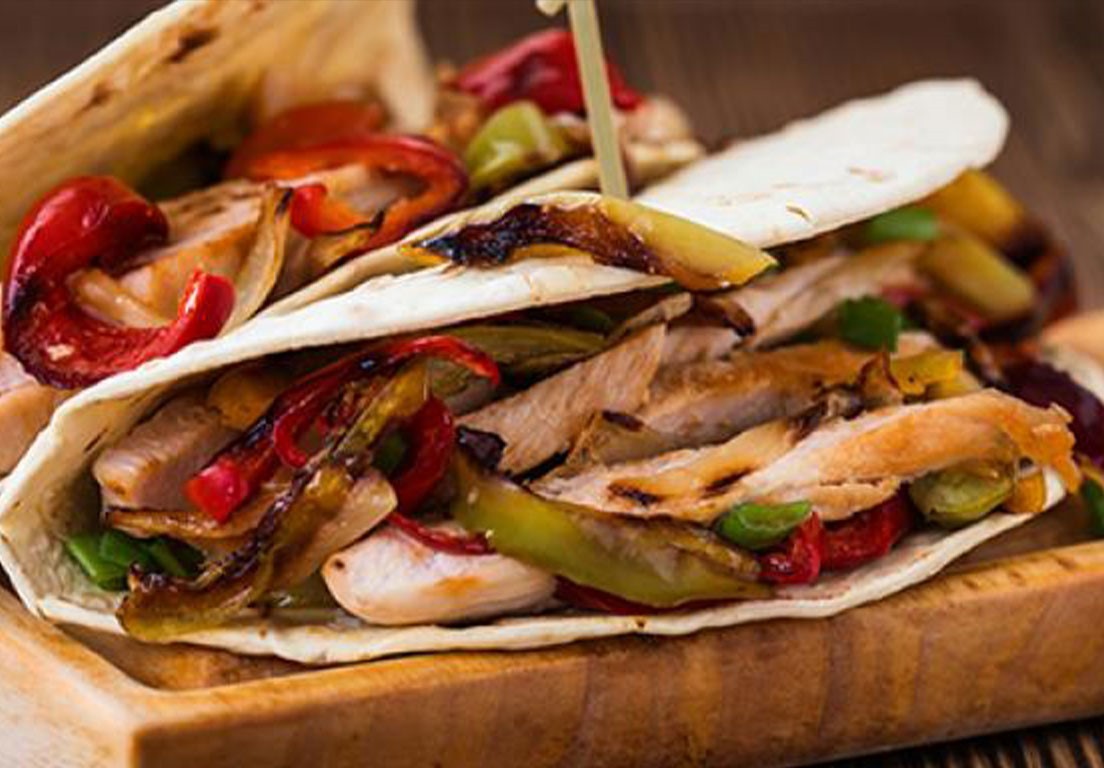When Birmingham restaurant, Ibrahim’s Grill and Steak House in Acocks Green was served up a £50,000 fine for using unhygienic wooden boards, the food industry had to stop and think about how they’re serving food.
When Birmingham restaurant, Ibrahim’s Grill and Steak House in Acocks Green was served up a £50,000 fine for using unhygienic wooden boards, the food industry had to stop and think about how they’re serving food.
Wooden boards used in place of plates has grown in popularity over recent years, and this in itself is not illegal according to Food Safety Law – as long as they are in a suitable condition and do not pose any risks to the customer. That being said, The Catering Guide from our partners the British Hospitality Association, recommends that the most suitable materials for surfaces, equipment and fittings are aluminium and tinned copper, ceramics, food-grade plastics and laminates or stainless steel and ‘unless it can be proved that other materials such as wood can be effectively cleaned and disinfected, they are inappropriate for direct contact with ready-to-eat foods.’ This is echoed by Food Safety Law, especially Regulation (EC) No 852/2004 Annex II, which begs the question – what’s the state of your wooden plates?
Harbouring bacteria
The food hygiene implications of using wooden boards in the Birmingham case, were as a result of the poor condition of the boards – which made it impossible for them to be cleaned sufficiently. Cracks in wooden boards, along with other signs of disrepair such as shakes in the wood and a porous surface renders the equipment unhygienic as they cannot be easily cleaned and disinfected. In turn, this leads to the harbourage of bacteria. These same principles apply to the more traditional plate as well, we recommend that crockery with chips or cracks be discarded immediately and replaced. Bacteria can harbour in cracks and will be protected from the effects of anti-bacterial chemicals if they continue to be used.
Quick deterioration
One of the main issues with using wooden boards to serve food, is that they often are not food-grade, so they have not been manufactured to be used in this way. As a result of this, the material can deteriorate very quickly. When they enter food service, the moisture of the food served on them, combined with the use of knives and forks on the surface and regular washing means there is only a short window during which they are in suitable condition for use.
Hand wash only
Often, wooden boards are hand wash only as the heat of a dishwasher can cause the material to split and crack. Hand washing poses risks of cross-contamination via cleaning equipment such as cloths, sponges and scourers so extra care must be taken here. Usually, items are rinsed in the potwash then rely on the dishwasher for the mechanical/heat disinfection.
Risk of foreign bodies
Even wooden boards that appear to be in a good condition can transfer small pieces of wood being onto the food or even splinters if in direct contact with food, leading to foreign bodies in the dishes you are lovingly serving up. In order to prevent this, a barrier between the food items and the board is recommended, such as grease proof paper.
Not the sole offender
It is important to note that in the case of the Ibrahim’s Grill and Steak House, their fine was not solely as a result of the wooden boards. During an EHO visit in October 2016, following an alleged food poisoning outbreak, a number of issues around cleanliness were found. These included using disposable gloves rather than hand washing, the misuse of sanitising chemicals and cleaning of the premises was poor. Though improvements were made, the continued use of the wooden boards as plates meant that the restaurant had failed to comply with a hygiene improvement notice which led to the hefty fine.
Time to bring back plates?
Hygiene issues aside (just for a short moment), food served on wooden plates or more inventive alternatives, is also not to everyone’s taste. We Want Plates is ‘a global crusade against serving food on bits of wood and roof slates, chips in mugs and drinks in jam jars’. Their website, Twitter profile and book published towards the end of 2017, give an insight into just how far food servings businesses will go to stand out from the crowd.
Wooden boards which are maintained in good condition, that enable thorough cleaning and disinfecting and are used with a barrier between the food itself can certainly give a stylish look that many venues strive for. However, with the constant upkeep needed to ensure they meet the required standards – is it time to start we started appreciating the traditional plate once again?
For help managing your food hygiene compliance contact us today on 0161 967 1616 or get in touch here
